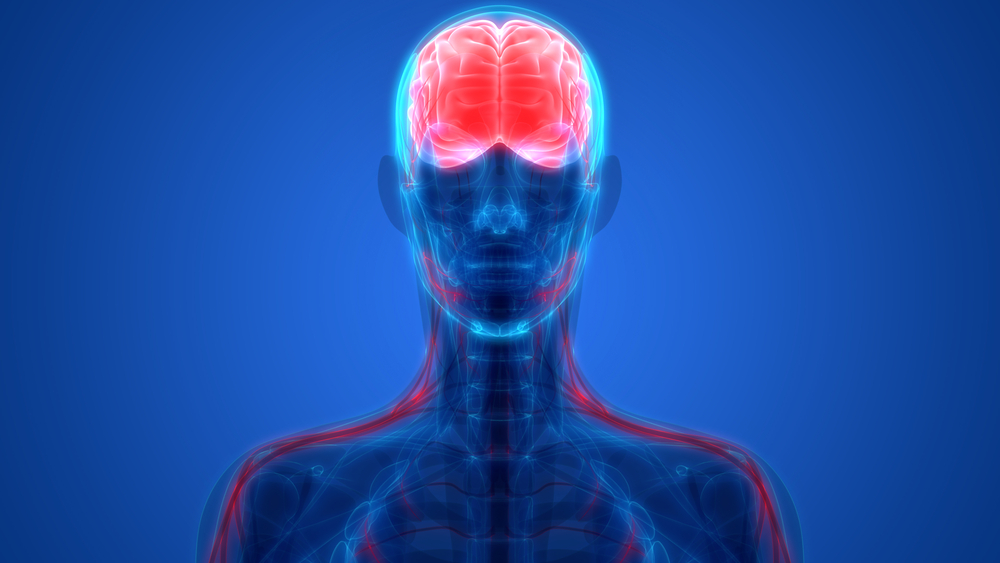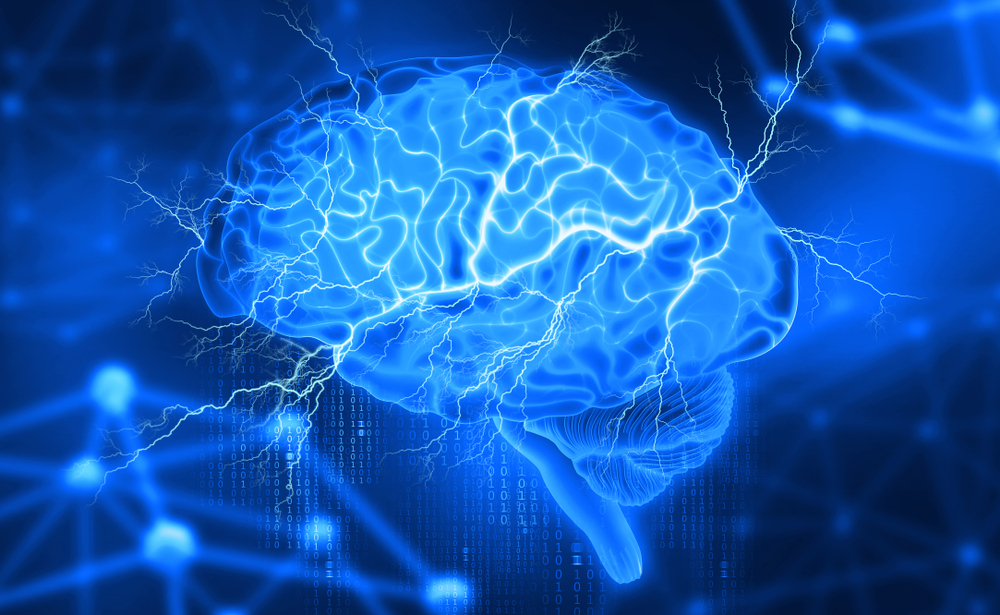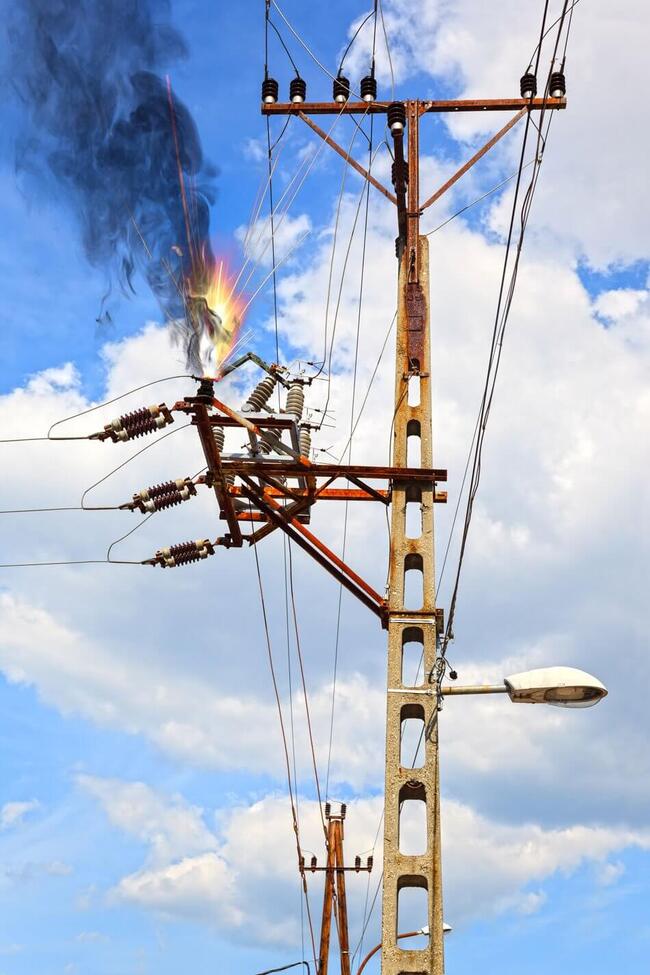The nervous system is a complex network of specialized cells called neurons that transmit information between different parts of the body. It is responsible for controlling and coordinating all the functions of the body, including movement, sensation, thought, and emotion. The nervous system is divided into two main parts: the central nervous system and the peripheral nervous system.

What Is the Nervous System?
The central nervous system consists of the brain and spinal cord, which are protected by the bones of the skull and vertebral column. The brain is the control center of the nervous system and is responsible for receiving, processing, and integrating information from the senses and other parts of the body. The spinal cord is a long, thin structure that runs from the base of the brain to the lower back and serves as a pathway for nerve impulses traveling to and from the brain.
The peripheral nervous system consists of the nerves that extend from the brain and spinal cord to all other parts of the body. These nerves are divided into two types: the somatic nervous system and the autonomic nervous system. The somatic nervous system controls voluntary movements and sensations, such as moving the arms and legs and feeling touch and pain. The autonomic nervous system controls involuntary functions, such as heart rate, digestion, and breathing.
The nervous system is responsible for processing and responding to a vast array of sensory information, including touch, sound, sight, taste, and smell. It also controls motor functions, allowing us to move and interact with our environment. In addition, the nervous system plays a key role in regulating the body’s internal environment, including maintaining a stable body temperature, fluid balance, and blood pressure.
Disorders and injuries of the nervous system can have a wide range of effects on the body, depending on the location and severity of the damage. Some common neurological disorders include stroke, Alzheimer’s disease, Parkinson’s disease, multiple sclerosis, and epilepsy. These conditions can cause a range of symptoms, including cognitive impairment, muscle weakness, tremors, and seizures.
Ways Electricity Affects the Nervous System
Electricity is a powerful force that has become a vital part of modern life. From powering our homes and workplaces to running our technology, we rely on electricity every day. However, when electricity comes into contact with the human body, it can cause serious injury and even death. One of the most vulnerable systems in the body to an electrical accident is the nervous system.
When electricity comes into contact with the body, it can disrupt the normal functioning of the nervous system by interfering with the electrical signals transmitted by neurons. The current can disrupt the normal functioning of the nervous system, leading to neurological damage. This damage can result in a variety of symptoms, including loss of consciousness, seizures, and paralysis. The severity of the damage depends on several factors, including the strength and duration of the electric current and the path it takes through the body.
Electricity can damage the nervous system by disrupting the balance of ions in neurons. Neurons transmit signals by exchanging ions, such as sodium, potassium, and calcium, across their membranes. When an electric current passes through the body, it can cause an influx of ions that disrupts the balance of ions in neurons. This disruption can lead to changes in the electrical charge of the neuron, causing it to fire abnormally and potentially leading to neuronal damage.
Electrical shock can also damage the nervous system by disrupting the myelin sheath that surrounds neurons. The myelin sheath is a fatty layer that insulates neurons and helps them transmit signals efficiently. When the myelin sheath is damaged, it can lead to various neurological symptoms, including muscle weakness, loss of coordination, and impaired sensation.
Electricity can also damage the nervous system by generating free radicals. Free radicals are unstable molecules that can cause damage to cells and tissues. When an electric current passes through the body, it can disrupt the balance of free radicals and antioxidants in the body, leading to an excess of free radicals that can damage the cells and tissues of the CNS. This can lead to oxidative stress, which can cause damage to the CNS and other parts of the body.
How Electricity Damages The Brain, Spinal Cord & Nerves
One of the most serious consequences of electrical damage to the nervous system is brain damage. When the brain is damaged, it can lead to symptoms, including memory loss, difficulty with speech and language, and changes in behavior and personality. In some cases, electrical damage to the brain can also cause seizures.
Spinal cord damage is another potential consequence of electrical injury to the nervous system. The spinal cord is responsible for transmitting signals between the brain and the rest of the body. Damage to the spinal cord can lead to paralysis or loss of sensation in the affected areas of the body.
Nerve damage is another potential consequence of electrical injury to the nervous system. Nerves are responsible for transmitting signals throughout the body, and damage to these structures can lead to numbness, tingling, and muscle weakness.
In addition to these immediate consequences of electrical damage to the nervous system, there may also be long-term effects. For example, electrical damage to the nervous system has been associated with an increased risk of developing neurodegenerative diseases such as Alzheimer’s disease and Parkinson’s disease.
It is important to seek medical attention immediately if you suspect you have suffered an electrucal injury. Early treatment can help to minimize the damage to the nervous system and prevent long-term consequences.
If you’ve suffered damage to the nervous system from an electrical accident, you may have legal options to seek compensation for medical treatment. The Louisiana electrical accident attorneys at Herman Herman Katz are experienced in handling electrical accident lawsuits. For more information or a free case consultation, use our live chat, fill out our contact form, or call 844-943-7626.
Free Case Evaluation
More About HHK
Other Electrical Accidents News
The brain is the most complex and important organ in […]
Electricity powers our modern world, enabling us to enjoy countless […]
Working in the construction industry comes with many risks. The […]
Trusted Baton Rouge Electrocution Attorney Ready To Serve You Electricity […]
New Orleans, LA Power Line Electrocution Injury Lawyer Many electrocutions […]






